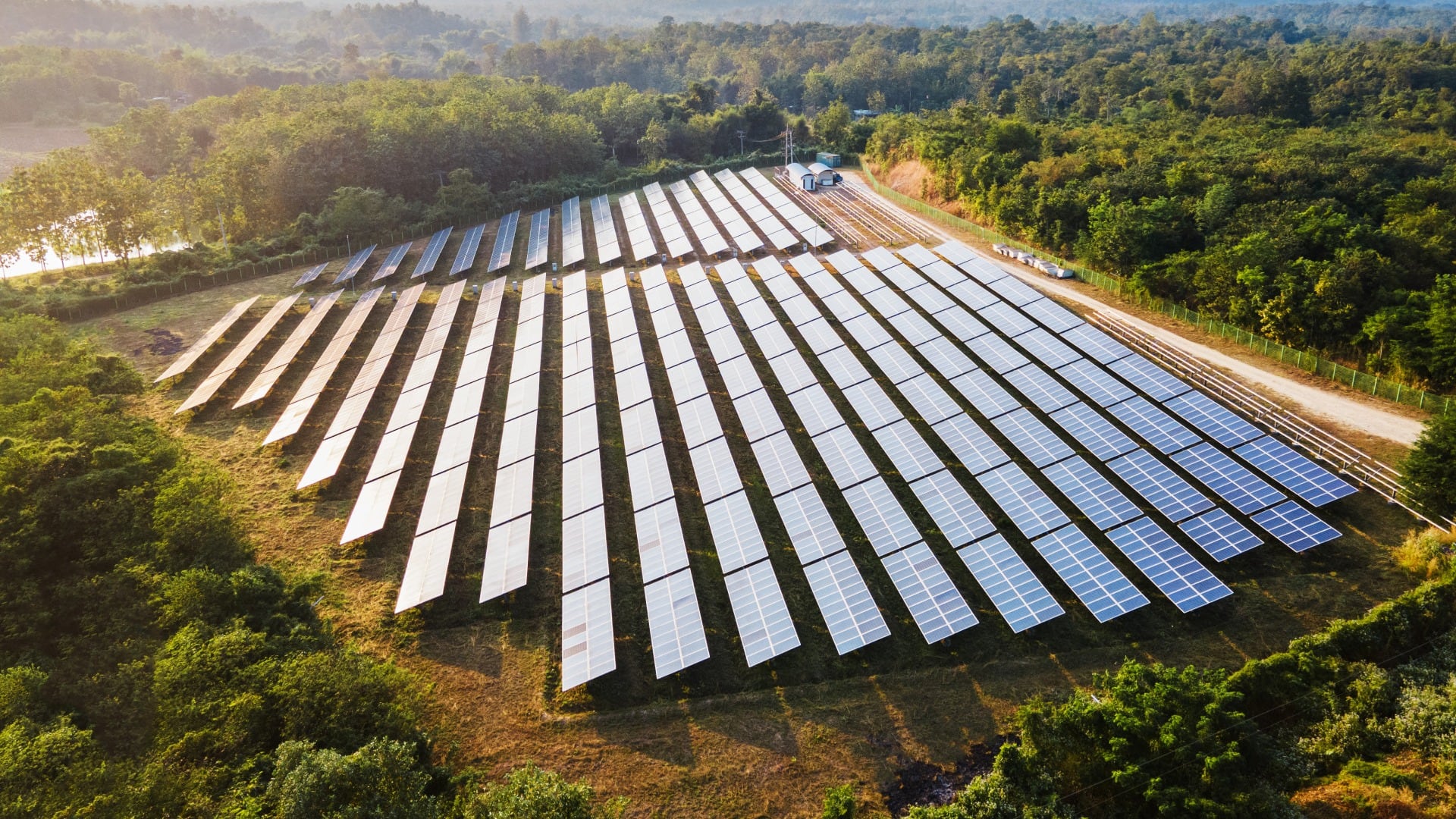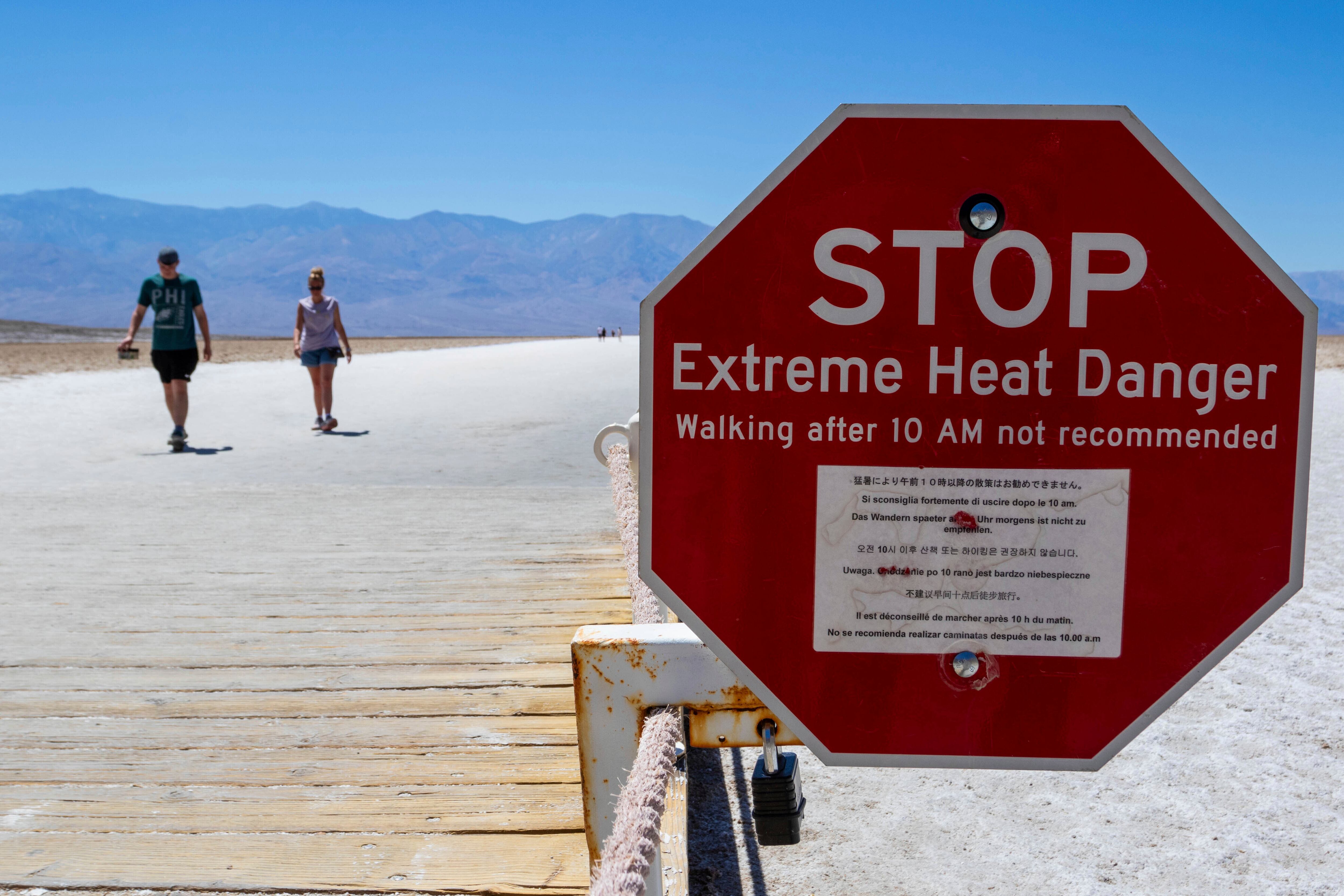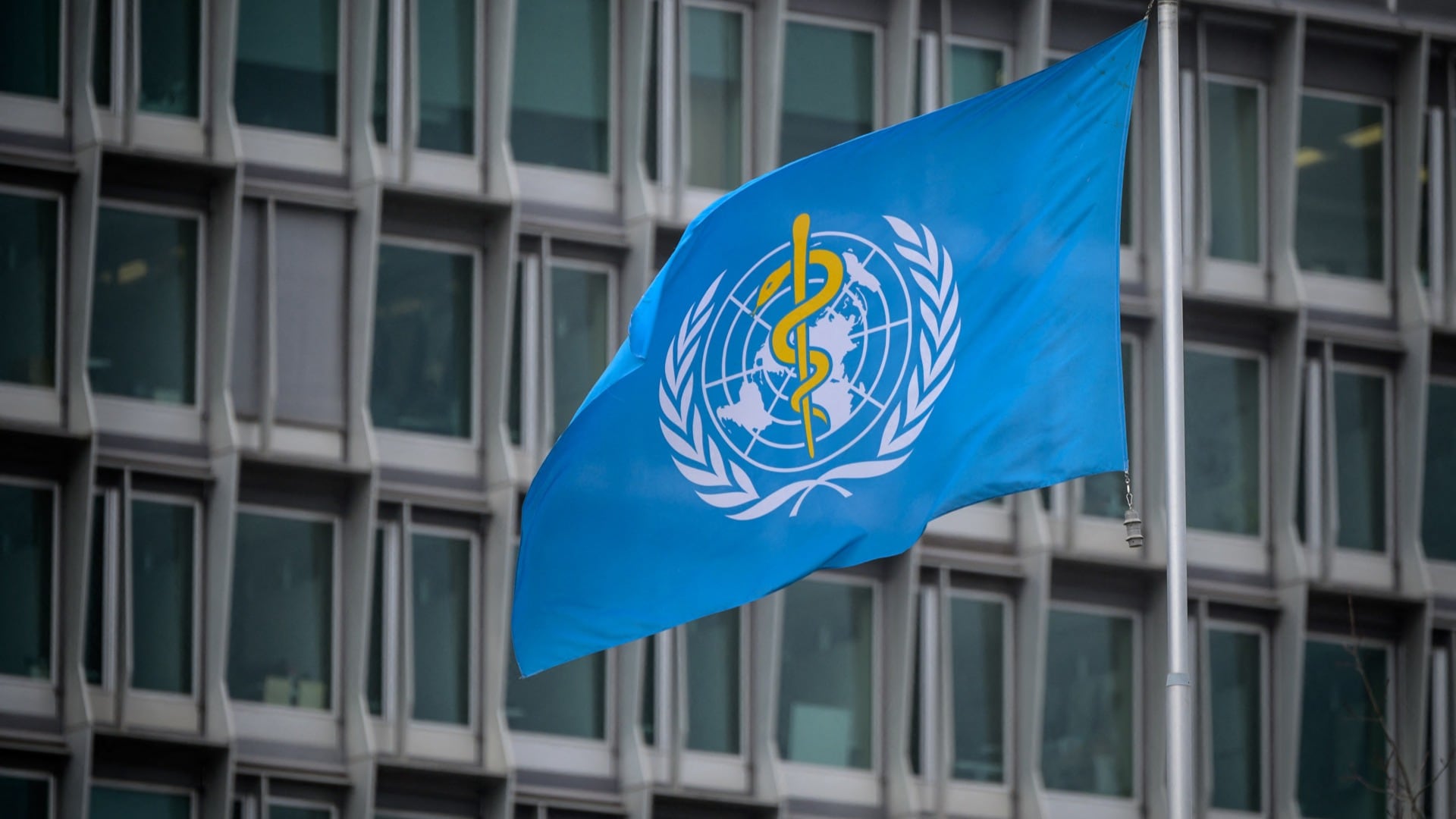In its latest energy outlook, British energy giant BP predicts that fossil fuels as a primary energy source will decline from 80 percent in 2019 to between 55 and 20 percent in 2050, with renewables rising from 10 percent to between 35 and 65 percent.
The forecast comes as BP adjusts its expectations around the green energy transition, due to the new uncertainties brought on by the war in Ukraine.
"Global energy policies and discussions in recent years have been focused on the importance of decarbonizing the energy system and the transition to net zero," wrote BP Chief Economist Spencer Dale in a note. "The events of the past year have served as a reminder to us all that this transition also needs to take account of the security and affordability of energy."
As the report explained, energy security and affordability are competing with sustainability for countries' attention and investment dollars. BP calls this an "energy trilemma."
"Any successful and enduring energy transition needs to address all three elements of the trilemma," Dale wrote.
Yet the war in Ukraine isn't the only development changing BP's outlook. Another is the passing of the Inflation Reduction Act in the U.S., which is set to invest billions into green projects.
The most positive scenarios, in terms of the climate, that BP outlines anticipate four trends:
In all possible cases, the report forecasts that renewables will be adopted “quicker than any previous fuel in history."
A 7.2 magnitude earthquake was reported in Alaska over the weekend, leading to a brief tsunami warning.
Over 11 million Americans are under a heat advisory, with the extreme weather hitting the southern U.S.
Temperatures in central and southern California could hit 120 degrees Fahrenheit this weekend.
The World Health Organization moved to classify aspartame, the artificial sweetener in diet soda, as a possible carcinogen.
The World Health Organization's cancer agency has deemed the sweetener aspartame — found in diet soda and countless other foods — as a “possible” cause of cancer, while a separate expert group looking at the same evidence said it still considers the sugar substitute safe in limited quantities.
More than a third of Americans were under extreme heat advisories, watches and warnings Thursday as a blistering heat wave that's been baking the nation spread further into California, forcing residents to seek out air conditioning or find other ways to stay cool in triple-digit temperatures.
Tourists in central Athens huddled under mist machines, and zoo animals in Madrid were fed fruit popsicles and chunks of frozen food, as southern Europeans braced for a heat wave Thursday, with a warning of severe conditions coming from the European Union’s space agency.
A new study published in Nature has found that more than 56 percent of the world's oceans have changed color in the past 20 years, and climate change is to blame.
Recently discovered teeth of a two-million-year-old human relative in Africa could give researchers new insight into genetics.













